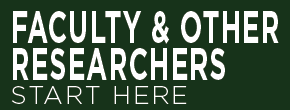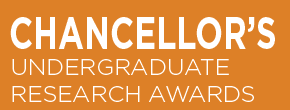Jaehyung Cho
Email Address: thromres@uic.eduCollege: Medicine Department: Pharmacology
Title: Associate Professor
Office: 5095 CoMRB Phone: 55923
Webpage: http://mcph.uic.edu/cho
Participating in the Chancellor’s Undergraduate Research Awards program: Yes
Research Interest:
The research interest of my laboratory is to understand the molecular mechanisms of thrombus formation and vascular inflammation. A better understanding of the regulatory mechanisms of heterotypic platelet-leukocyte-endothelial interactions could lead to the development of a novel therapeutic for prevention and treatment of thrombo-inflammatory diseases. 1. Role of protein disulfide isomerase (PDI) in vascular disease. Previous studies revealed that extracellular PDI interacts with platelet and endothelial cell beta3 integrins, thereby regulating platelet thrombus formation at the site of arteriolar injury (Cho et al, JCI 2008; Cho et al, Blood 2012). Using PDI conditional knockout mice, we demonstrated that neutrophil surface PDI is required for alphaMbeta2 integrin function and neutrophil recruitment during venular inflammation (Hahm et al, Blood 2013) and that platelet surface PDI is important for alphaIIbbeta3 integrin-mediated platelet accumulation during arteriolar thrombus formation (Kim et al, Blood 2013). Using various genetic, biochemical and cell biological approaches, we are currently studying the molcular mechanisms by which PDI regulates platelet, neutrophil, and endothelial cell functions during vascular disease. 2. Mechanisms regulating platelet-neutrophil-endothelial cell interactions during thromboinflammatory disease. Evidence shows that the heterotypic interaction of platelets and leukocytes on the activated endothelium plays an important role in mediating vaso-occlusion during pathological inflammation and thrombosis. Although the receptor-counter receptor for cell-cell interactions has been identified, it remains unclear how heterotypic cell-cell interactions are regulated in thrombo-inflammatory disease. We have shown that AKT2 is a critical regulator for heterotypic cell-cell interactions under thrombo-inflammatory conditions (Li et al, J Clin Invest 2014). We are investigating key signaling pathways regulating the expression and function of surface molecules required for platelet-neutrophil interactions. Minimum time commitment in hours per week: 20 Qualifications of a Student:
I prefer a student who is in a major of biology or biochemistry. Dependent on work hours, PI can give him/her a short-term independent project. Brief Summary of what is expected from the student:
Because of the specificity of our projects, the student should devote a minimum of 20 hours (4-5 consecutive hours). Otherwise, it is hard to work on our project. Contact researcher via URE Email Webform



